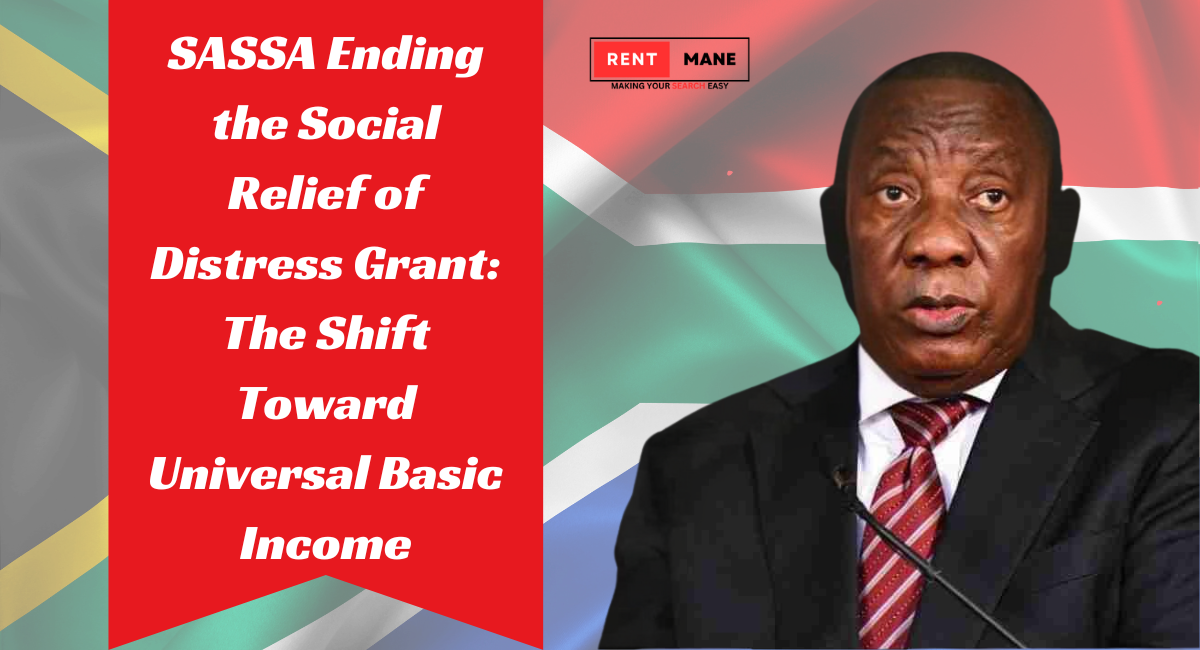As South Africa approaches the 2024 elections, a pivotal discussion is emerging around the potential transition from the Social Relief of Distress (SRD) grant to a Universal Basic Income Grant (UBIG). This proposed change aims to tackle the deep-rooted issues of poverty and inequality in the country. While the idea of a universal income has gained traction, it also presents a range of opportunities and challenges that must be thoroughly examined.
What is Universal Basic Income Grant (UBIG)?
The Universal Basic Income Grant (UBIG) is a government initiative designed to provide a regular, unconditional payment to all citizens, irrespective of their income or employment status. Unlike targeted social grants that cater to specific groups, UBIG aims to create a financial safety net for everyone, promoting economic stability and social equity.
Key Characteristics of UBIG:
- Universality: Payments are given to all citizens without any means-testing.
- Unconditionality: Recipients are not required to meet employment criteria.
- Regularity: Payments are distributed on a consistent schedule, often monthly or annually.
- Individuality: Funds are allocated directly to individuals rather than households, ensuring financial independence.
How Could UBIG Affect Existing SASSA Grants?
Should UBIG be implemented, it could significantly simplify South Africa’s welfare system by consolidating multiple social grants into one universal payment. Here’s how it might impact current grants:
Grants Potentially Affected by UBIG:
- Social Relief of Distress (SRD) Grant: This grant provides temporary aid to individuals in immediate need. If UBIG is established, it could serve as a permanent solution to financial insecurity for all citizens.
- Child Support Grant: While UBIG may not entirely replace the Child Support Grant, it could supplement it to help combat child poverty.
- Disability Grant: Although UBIG might offer a basic level of support, individuals with disabilities may still require additional assistance to cover their unique care costs.
- Pension Grants: The existing Old Age Pension could be restructured with UBIG serving as a foundational income, supplemented by additional benefits tailored to older adults.
Political Perspectives on UBIG
Various political parties in South Africa recognize the need for a basic income grant, yet their strategies differ significantly:
- African National Congress (ANC): Proposes a gradual transition from the SRD grant to UBIG.
- Democratic Alliance (DA): Advocates for a cautious approach to evaluating the feasibility of UBIG.
- Rise Mzansi: Supports temporary, conditional assistance rather than universal payments.
- Freedom Front Plus (FF+) and ActionSA: Raise concerns regarding the financial viability of UBIG.
- Inkatha Freedom Party (IFP) and Economic Freedom Fighters (EFF): Favor higher, targeted grants for unemployed youth and graduates.
Despite these discussions, political parties have yet to present a detailed funding plan or clear strategies for implementing UBIG, leaving many questions regarding its feasibility unanswered.
Administrative Challenges Ahead
Introducing UBIG would necessitate significant administrative overhauls. Recent issues encountered by SASSA during its transition to Postbank highlight the urgent need for a more robust welfare system. Delays and technical difficulties in grant payments have caused considerable frustration among beneficiaries, underscoring the importance of improving administrative efficiency.
SASSA’s ability to manage UBIG effectively would be crucial, yet its history of payment delays, verification issues, and inaccurate disbursements indicates that existing systems require substantial improvements to ensure successful delivery of UBIG.
The Future of UBIG in South Africa
The potential implementation of a Universal Basic Income Grant could revolutionize South Africa’s social welfare landscape, providing citizens with a regular and guaranteed income. This change could address many issues related to poverty and unemployment, offering more financial security to the population.
However, challenges concerning funding, administration, and political will must be addressed before UBIG can become a reality. As South Africa gears up for the 2024 elections, debates surrounding UBIG are anticipated to gain momentum. The government, political parties, and civil society must carefully weigh the economic and social implications of adopting a universal income model.
With millions relying on current SASSA grants, any adjustments must ensure that the most vulnerable continue to receive the necessary support.
FAQs About SASSA and the Universal Basic Income Grant
1. Is SASSA ending the SRD grant in 2024?
There are discussions about potentially replacing the SRD grant with a Universal Basic Income Grant (UBIG), but no official announcements have been made yet.
2. What is UBIG?
UBIG, or Universal Basic Income Grant, is a proposed system where the government offers a regular, unconditional payment to all citizens, regardless of their financial situation.
3. Will UBIG replace other SASSA grants?
UBIG may replace or supplement existing grants, such as the SRD grant. However, grants like the Child Support Grant and Disability Grant might still exist, albeit with adjustments.
4. How will UBIG be funded?
Details on funding for UBIG are still unclear, as no political party has put forth a comprehensive financial plan for the program.
5. What challenges could UBIG face?
UBIG may encounter challenges like administrative inefficiencies, funding issues, and a lack of political support, particularly in light of recent problems with SASSA’s grant distribution.
As South Africa navigates these changes, it’s crucial for citizens to stay informed about developments related to UBIG and the future of social welfare in the country. By fostering an open dialogue, the government and society can work together to ensure that vulnerable populations receive the assistance they need.

